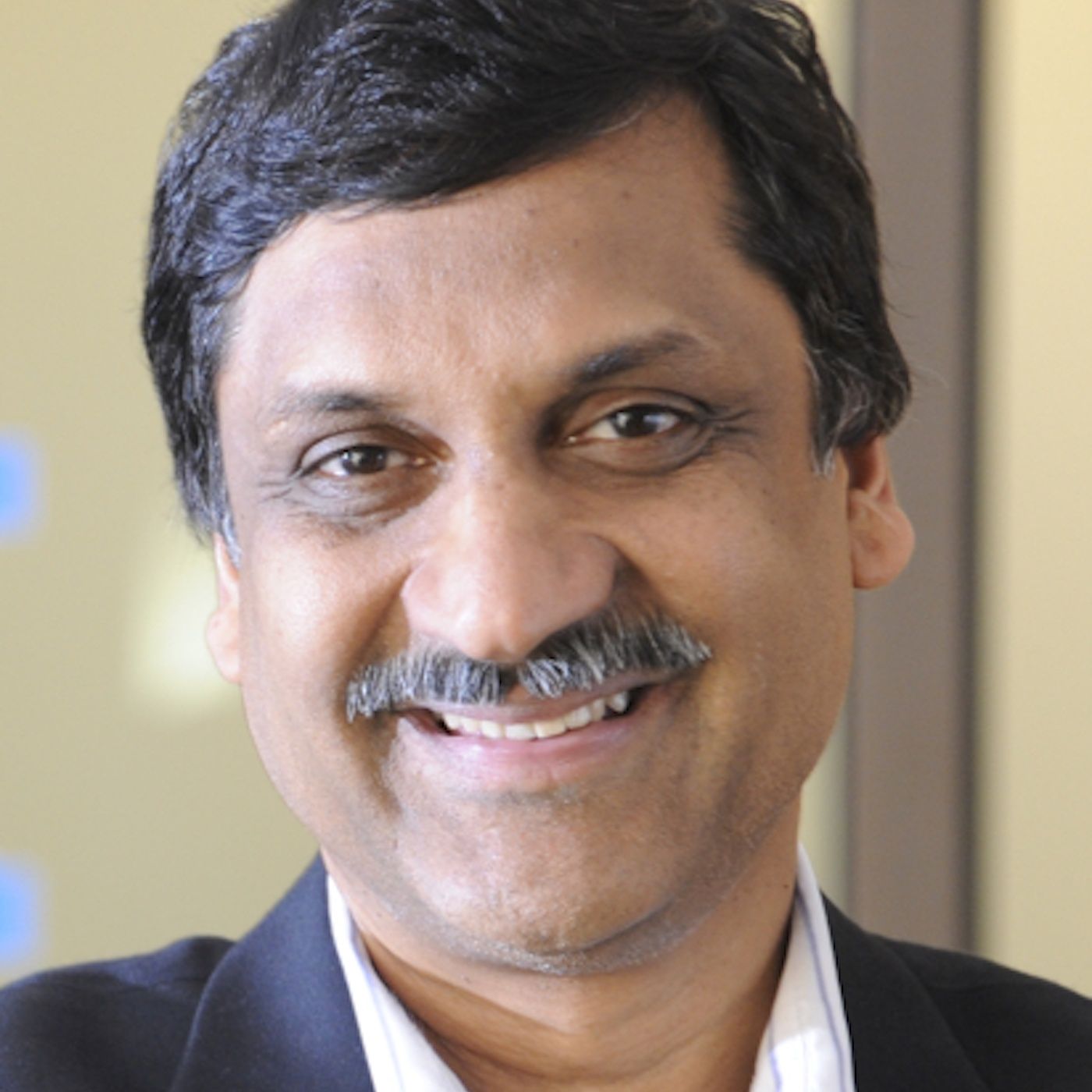- Technology
- SEE MORE
- classical
- general
- talk
- News
- Family
- Bürgerfunk
- pop
- Islam
- soul
- jazz
- Comedy
- humor
- wissenschaft
- opera
- baroque
- gesellschaft
- theater
- Local
- alternative
- electro
- rock
- rap
- lifestyle
- Music
- como
- RNE
- ballads
- greek
- Buddhism
- deportes
- christian
- piano
- djs
- Dance
- dutch
- flamenco
- social
- hope
- christian rock
- academia
- afrique
- Business
- musique
- ελληνική-μουσική
- religion
- World radio
- Zarzuela
- travel
- World
- NFL
- media
- Art
- public
- Sports
- Gospel
- st.
- baptist
- Leisure
- Kids & Family
- musical
- club
- Culture
- Health & Fitness
- True Crime
- Fiction
- children
- Society & Culture
- TV & Film
- gold
- kunst
- música
- gay
- Natural
- a
- francais
- bach
- economics
- kultur
- evangelical
- tech
- Opinion
- Government
- gaming
- College
- technik
- History
- Jesus
- Health
- movies
- radio
- services
- Church
- podcast
- Education
- international
- Transportation
- Other
- kids
- podcasts
- philadelphia
- Noticias
- love
- sport
- Salud
- film
- and
- 4chan
- Disco
- Stories
- fashion
- Arts
- interviews
- hardstyle
- entertainment
- humour
- medieval
- literature
- alma
- Cultura
- video
- TV
- Science
- en
Reimagining Education - At Scale: edX's Anant Agarwal

MOOCs are getting bad press - that student engagement and completion rates are very low. But at edX.or, 60% of all and paid-for work gets completed, it has 500 corporate customers up- and re-skilling their workforces, and its new modular \u2018Micromasters\u2019 credential, which offers 25-50% of a traditional Masters has been accepted as an onramp by over 90 global Universities as an on-ramp to their traditional Master\u2019s programs. So maybe the idea of MOOCs isn\u2019t that screwed after all? To find out, we engaged with the Founder and CEO at edX Professor Anant Agarwal, an Engineer, Computer Scientist and a real giant in online pedagogy to get his perspective. Our conversation ranges from how hard it is to change something that hasn\u2019t really changed in hundreds of years - Education, to a reminder of what the \u2018M\u2019 and \u2018O\u2019 stand for - Massive, and Open, and how central those words are to what edX does, as well as the deep interest in the edX user base for critical thinking, communications and story-telling education as much as business or tech. We also hear about his early years studying Electrical Engineering at school at Madras, India, followed by his move to study Computer Science in the US, as well as: the original MOOC idea, and how much it\u2019s changed and 9-10 years a - improvements not everyone\u2019s caught up with, ita portrait of the average edX user and their motivations, extreme geographical spread and what they want from their experience; why technology is a double-edged sword; edX For Business - a new set of partnerships and opportunities; why it\u2019s time to stop saying \u2018soft,\u2019 and start saying \u2018powerful skills\u2019 instead; the challenges of creating an appropriate self-directed Learning culture for the enterprise; the concept of Learning Science and the possibility of neuroscience as a way to tune up our understanding of how we learn; and finally, how his team is looking at how are brains our wired like active learning, and deriving highly suggestive analytics and data out of those EEGs.